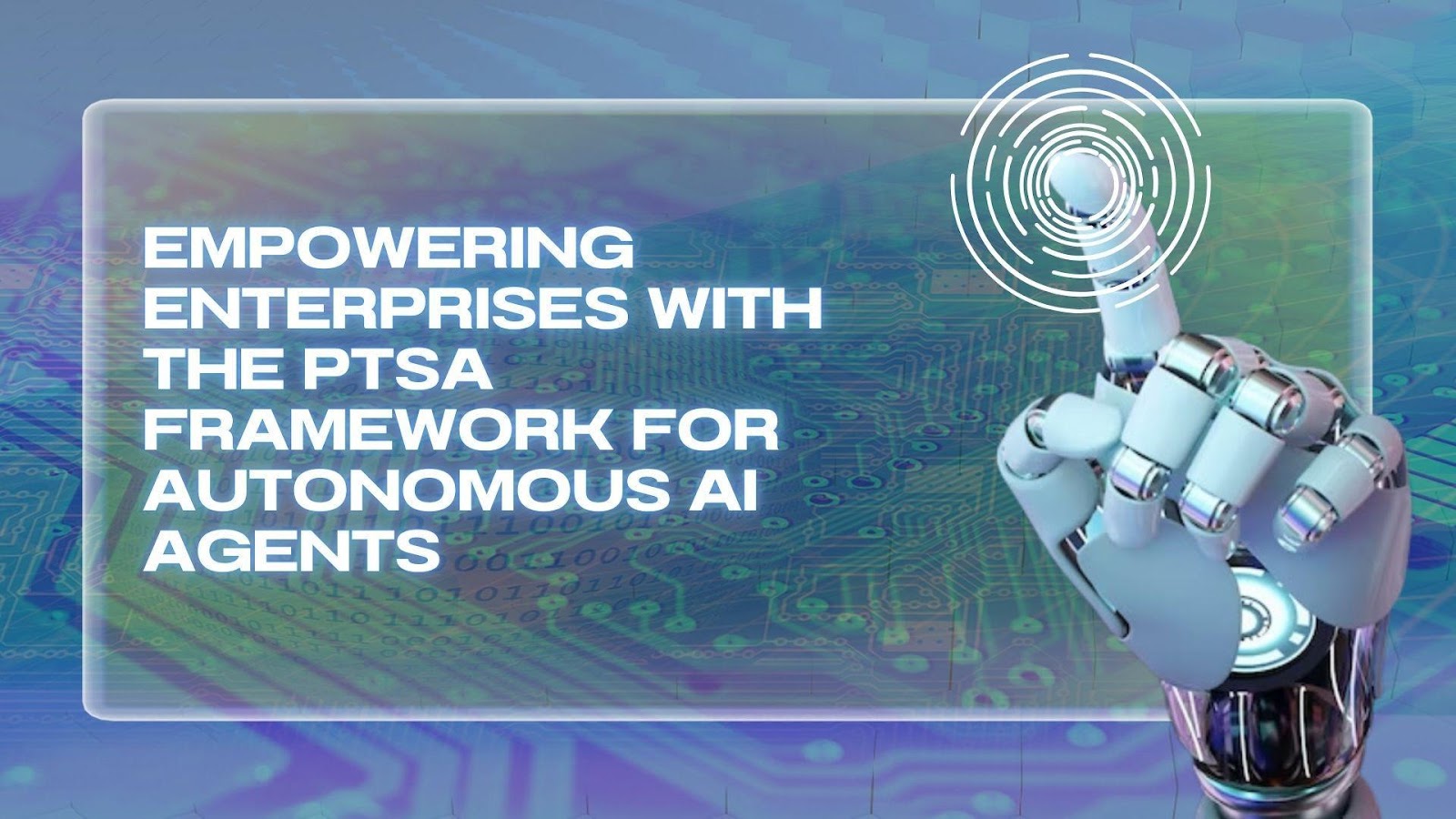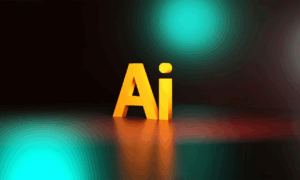In a groundbreaking contribution to enterprise AI systems, Chetan Manda presents the PTSA Framework (Personality, Task, Skill, Accountability), a novel architectural approach designed to enhance the development and implementation of autonomous AI agents. This innovative framework addresses critical challenges in scalability, reliability, and operational efficiency, making it a significant milestone in AI innovation and enterprise transformation. By integrating key components seamlessly, it equips enterprises with the tools needed to harness AI’s potential for modern, scalable, and highly efficient business operations and processes.
Establishing Consistency with Personality Modeling
The PTSA Framework introduces personality modeling as a core component to ensure consistent interaction patterns in autonomous AI agents. This structured methodology creates behavioral models that define how agents respond to stimuli, maintain communication styles, and make decisions across various business scenarios. By establishing a predictable personality for AI systems, the framework improves user engagement and builds trust, critical factors for enterprise adoption. This approach enhances interaction reliability and user experience, ensuring that AI agents deliver seamless and effective support for enterprise users.
Optimizing Workflows through Task Orchestration
The framework incorporates an advanced task orchestration system to manage complex enterprise workflows efficiently and adapt to changing demands. This component intelligently decomposes tasks, prioritizes actions, and dynamically adjusts processes based on real-time operational conditions and system feedback. With a demonstrated 73% improvement in task completion rates, the PTSA Framework sets a new standard for managing intricate workflows in enterprise environments. This orchestration capability enables organizations to streamline processes, reduce delays, and maintain consistency in mission-critical operations.
Enhancing Capabilities with Skill Integration
Skill integration within the PTSA Framework provides a structured method for incorporating and evolving agent capabilities to meet diverse enterprise needs. Its hierarchical architecture supports the deployment of both core functionalities and specialized tools, improving system flexibility and responsiveness. Moreover, integration protocols ensure system coherence while accommodating new skills, allowing enterprises to scale AI systems seamlessly as operational needs grow. This approach enables adaptive learning, skill updates, and enhanced cross-platform operability, ensuring long-term value for enterprise AI implementations.
Accountability at the Forefront
To address performance tracking and reliability, the PTSA Framework includes robust accountability mechanisms designed for continuous monitoring and performance evaluation. These mechanisms enable real-time monitoring, performance audits, and transparent decision-making processes while ensuring agents meet enterprise compliance requirements. With an emphasis on measurable accountability, this framework ensures that AI agents operate effectively while adhering to enterprise standards. The framework also enhances visibility into agent activities, providing organizations with actionable insights to optimize operations and improve decision-making processes.
Seamless Implementation and Adaptability
The PTSA Framework is built for flexibility, supporting both cloud-native and hybrid deployments to meet the diverse needs of enterprises. Its modular microservices architecture simplifies integration, reduces implementation timelines, and ensures scalability across various enterprise settings and industries. Empirical data highlights significant gains, including a 45% reduction in manual interventions and a 65% improvement in operational efficiency. With its adaptability to different enterprise environments, this framework supports rapid deployments and reduces operational complexities, allowing enterprises to scale effectively.
Measurable Impacts and Innovations
The implementation of the PTSA Framework has demonstrated transformative results in diverse industry sectors by addressing the specific challenges organizations face. Enterprises adopting this framework report higher efficiency, reduced bottlenecks, and improved task accuracy, enabling faster and more reliable outcomes. Its adaptability to unique industry needs, from financial services to manufacturing, underscores its versatility as a foundational enterprise AI architecture. By leveraging advanced features, it delivers measurable business value, supporting innovation and fostering long-term organizational growth.
In conclusion, the PTSA Framework by Chetan Manda effectively addresses current enterprise challenges while laying a scalable foundation for future advancements in autonomous AI systems. By seamlessly integrating personality modeling, task orchestration, skill management, and accountability, this framework redefines the potential of AI-driven enterprise operations, offering a robust and adaptable path forward for organizations embracing digital transformation. The insights and innovations stemming from this framework will undoubtedly inspire the next generation of AI systems, further enhancing enterprise capabilities and driving transformative progress globally. Its proven impact across industries highlights its versatility and potential to revolutionize enterprise AI adoption worldwide.



































